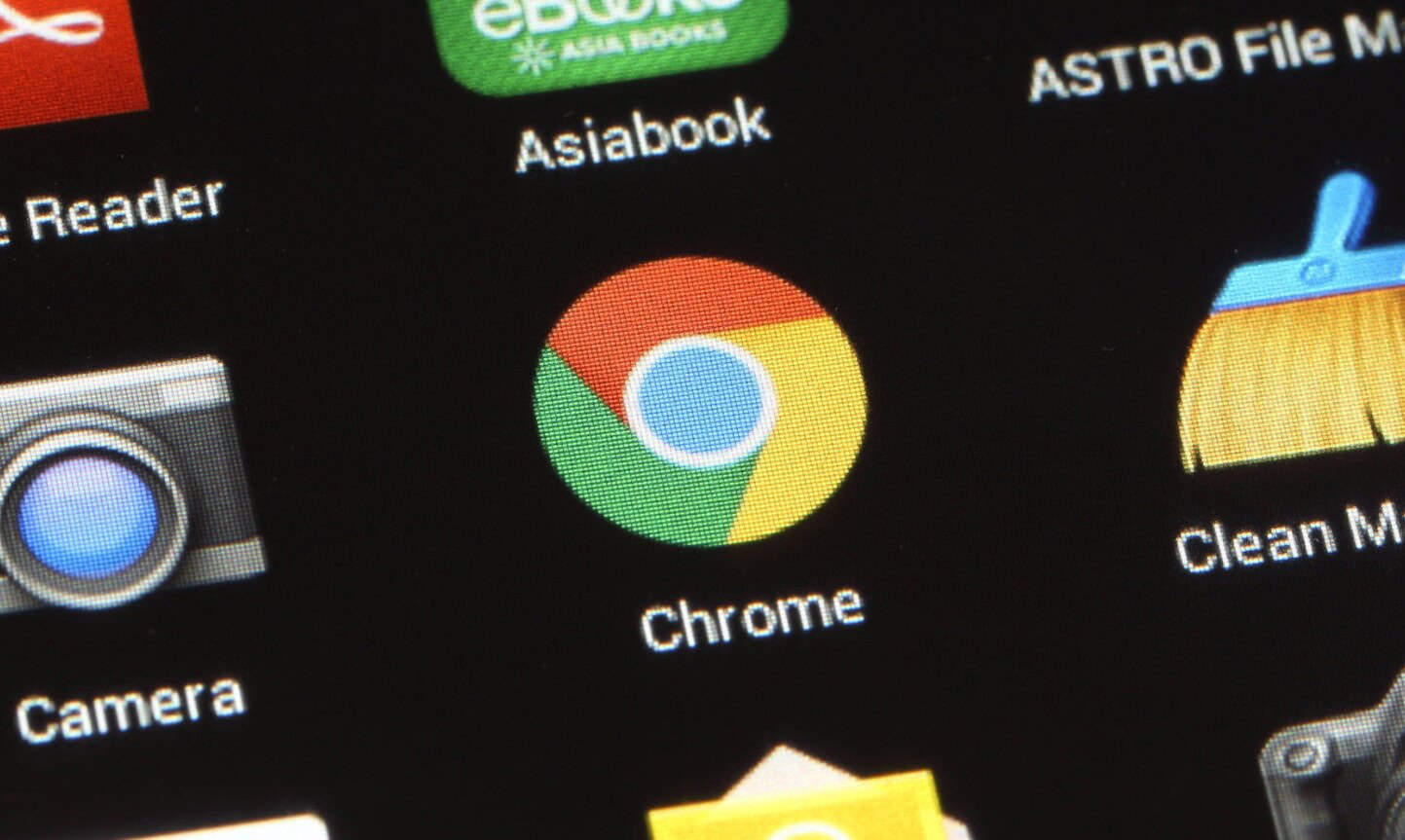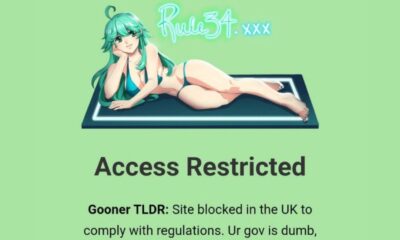Internet
A new Chrome update will start flagging websites that run abusive ads, because ads suck
Oh, you want to run sketchy ads? Too bad.

Just a heads up, if you buy something through our links, we may get a small share of the sale. It’s one of the ways we keep the lights on here. Click here for more.
Abusive ads continue to be a problem when browsing the internet, but Google is hoping to alleviate that a bit with the release of Chrome 71 in December.
It plans on accomplishing this by basically flagging sites that display these ads. Once flagged, the site will have 30 days to address the problem, after that, if the issue is taken care of, operations will continue as normal. If not, however, expect Chrome to just straight up block the sites ads as a whole, malicious or not.
What constitutes an abusive ad?
The big question here is what ads can be considered abusive. Google clarifies that here and we’ll run it down below.
Fake messages, or ones that look like a messenger service or fake system dialog, fall into this category. While many younger internet users are familiar with these, for those not in the know, these can definitely come as alarming, causing people to click on the ad without understanding what they are selecting.
Other examples include transparent backgrounds and other non-visible page elements that might have browser selecting an ad by mistake. This is similar to another example, misleading site behavior. This includes examples like “Play” buttons and “next” arrows, as well as other fake navigation links and fake mouse pointers.
Then you have the more obvious, malicious ads. Ads that scrape information from the user, auto-redirects, malware (including promoting and linking), and misleading branding that could take a user to a site meant to steal information.
Users still have choices
With Chrome 71, this option will be turned on by default, blocking ads from sites that don’t address issues, but if for some reason you’d like to see ads from sites that don’t meet the criteria, an option will be given to users to turn the filter off.
With ads being a driving force of income for websites, this will obviously make owners take notice if they are unintentionally (or intentionally) running deceptive ads. At the same time, it’s a bit scary to think about how much power Google holds over websites and potential ad revenue.
What do you think? Are you happy to see this feature on the way? Let us know below.
Editors’ Recommendations:
- Chrome 70 addresses Google’s auto-login issues, sort of
- Google’s user-created Emoji Minis are rolling out to users globally
- Google and iRobot are now working together to make your smart home smarter































